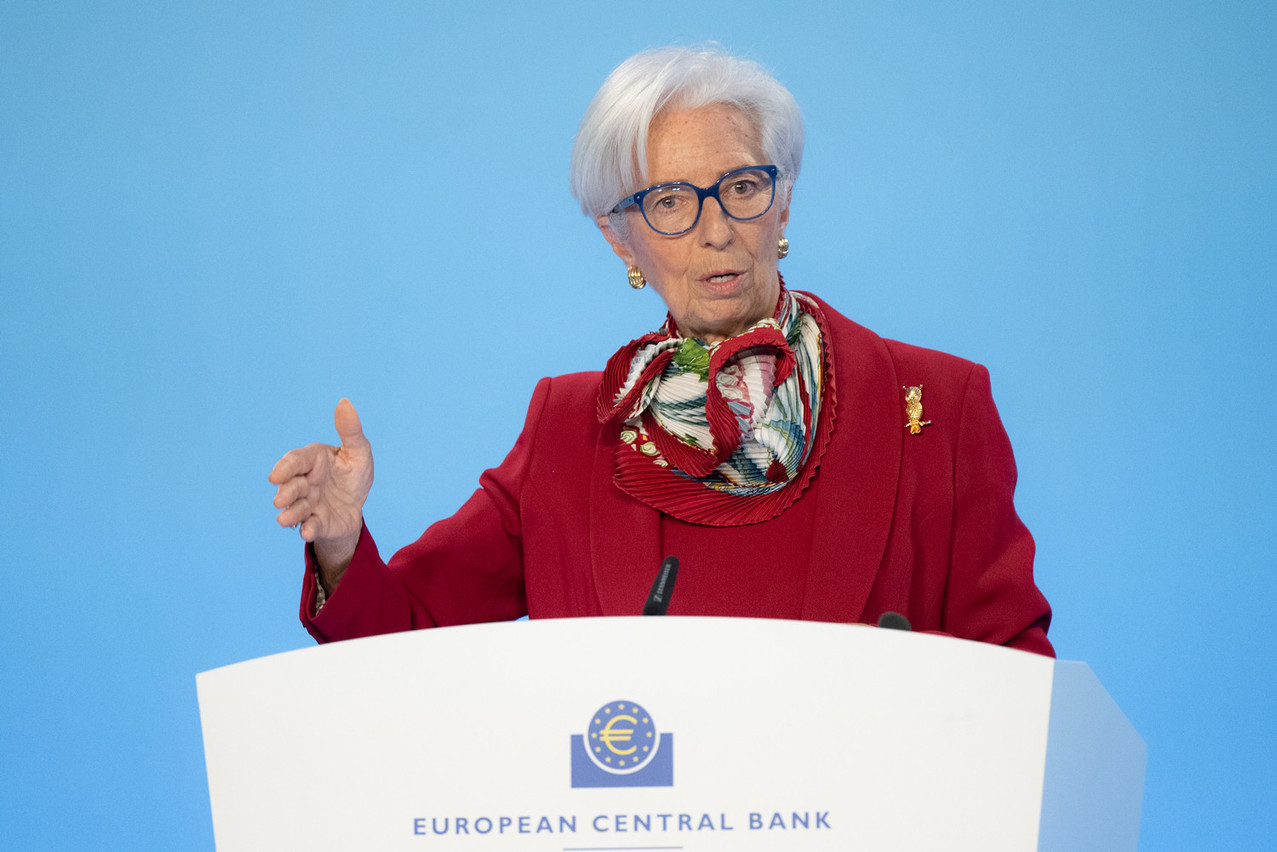This most recent increase of 0.5 percentage points----brings the interest rate on the deposit facility to 3.00%, the interest rate on main refinancing operations to 3.50% and the interest rate on the marginal lending facility to 3.75%. These rates will take effect on 22 March.
In a published on 16 March, the ECB stated that inflation is projected to remain high. It expects to see inflation averaging 5.3% in 2023, 2.9% in 2024 and 2.1% in 2025. Therefore, the goal of these rate hikes is to bring inflation back to the 2% medium-term target.
In addition, baseline growth projections “have been revised up to an average of 1.0%” for 2023, and up to 1.6% in 2024 and 2025, thanks to a decline in energy prices and a resilient economy.
The ECB, however, noted that its macroeconomic projections were finalised in early March “before the recent emergence of financial market tensions.” One can imagine that this refers to the recent in California, drops in the prices of banking stock shares and that it plans to borrow up to CHF 50bn (€50.9bn) from the Swiss National Bank.
More details from Lagarde
During the that followed the governing council’s meeting, ECB president Christine Lagarde stated, “Inflation is projected to remain too high for too long.” Although inflation dropped to 8.5% in February, thanks in part to lower energy prices, food price inflation increased to 15%.
The economy did not undergo a contraction in the last quarter of 2022, but it did stagnate, Lagarde noted. Inflation, uncertainties and tighter financing conditions slowed private consumption and investment.
Moreover, government support measures to cushion the impact of high energy prices should be rolled back “promptly and in a concerted measure,” while “fiscal policies should be oriented towards making our economy more productive and gradually bringing down high public debt,” said Lagarde. Investment and reform plans under the EU’s Next Generation EU programme should be implemented quickly, she added.
Risks
“Risk to the outlook for economic growth are tilted to the downside,” said Lagarde, such as financial market tensions and the continuation of Russia’s unjustified war against Ukraine. Rapid adaptation of companies, however, could support higher than expected growth, and a stronger than expected economic rebound in China could boost prices and foreign demand.
Finally, increased uncertainty underlines the importance of “a data-dependent approach” to the ECB’s policy rate decisions. Lagarde concluded with a reference to “current market tensions,” saying that the ECB is monitoring tensions closely and stands “ready to respond as necessary to preserve price stability and financial stability in the euro area.”
